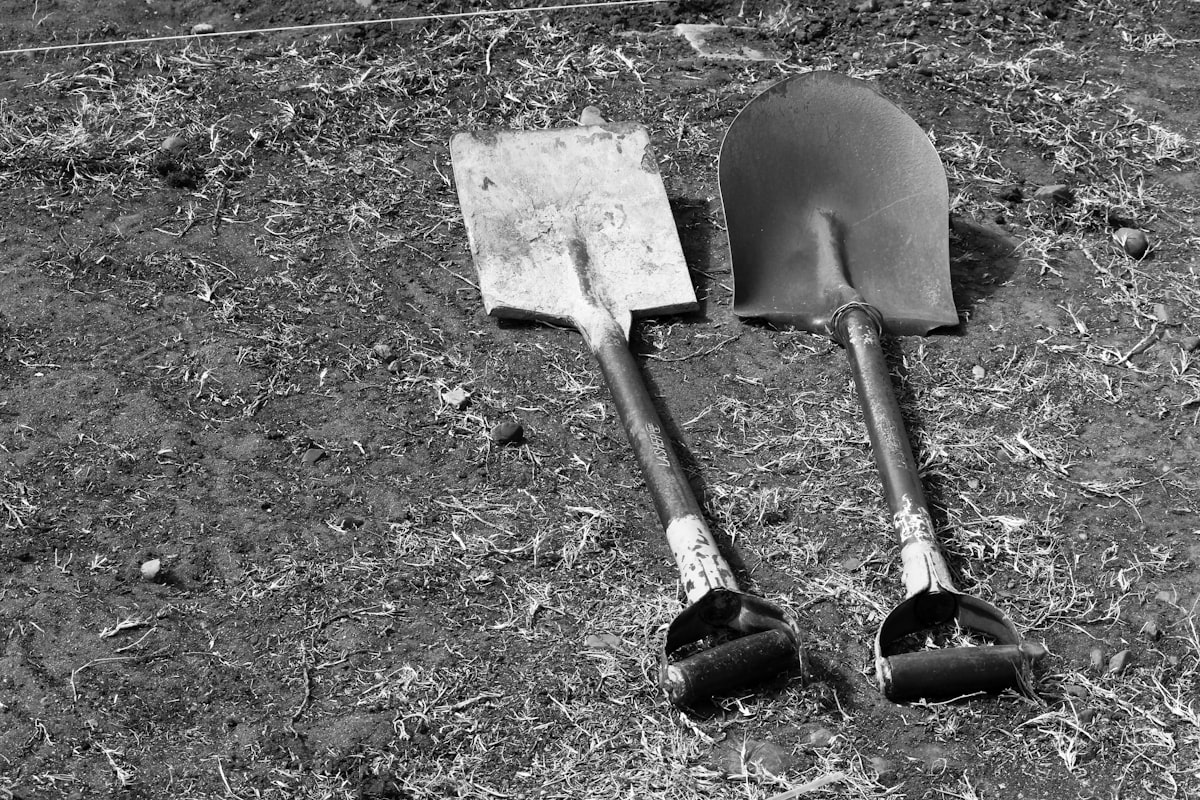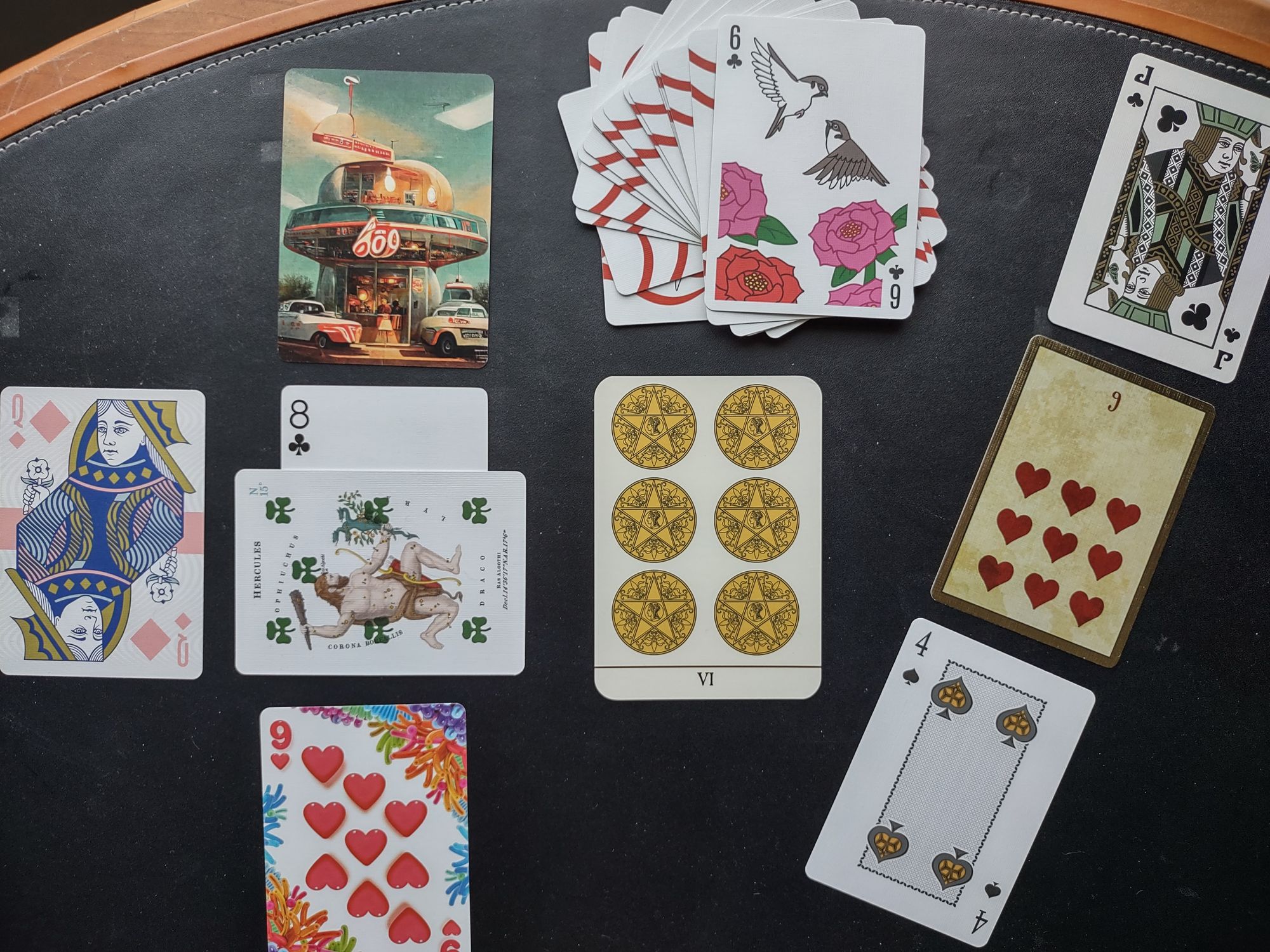X: Shovel
How one defiant blacksmith built an empire.

Good morning. Today is décadi, the 30th of Frimaire, Year CCXXXI. It's the last day of autumn, and we celebrate la pelle, a tool for digging.
When the States were the Colonies, manufacture of farming tools was forbidden in North America. The British were forever trying to figure out how to make these cold colonies as profitable as the plantation ones of the Caribbean, but a few scrabbly farms run by ornery religious dissidents weren't exactly a cash cow, at least not anywhere north of the tobacco fields. The fisheries were nice, and the timber was useful (if hard to transport), but life was expensive at the time in Europe thanks to all the damn wars, and the colonies of New England just felt like an expense. The least they could do was buy British tools.
Two years before the Declaration of Independence that kicked off outright war, one blacksmith in Massachusetts started brazenly making shovels, dropping the price and increasing the quality of the most important tool a farmer could have through the winter. That blacksmith's name was named John Ames, and his act of defiance eventually led to the conquering of a continent. His profits, however, led to the greed and disgrace of his grandson.
John Ames died in XIII (1805), putting the reins of the budding business in the hands of his 27-year-old son, Oliver. He incorporated the smithy as Ames Shovel Works in Easton, Massachusetts, where the original buildings are still (barely) preserved and standing, and soon earned the nicknamed "King of Spades." Ames shovels became known for their quality, and savvy business practices established retail networks at a time when travel was troublesome and most goods were produced locally. You just can't beat a good iron shovel.
Crucially, Ames shovels were ordered for help in building the Erie Canal and several early railroad projects.
It was this business that Oliver's sons, Oakes and Oliver Jr., inherited in LII (1844), just in time for two gold rushes and a Civil War, all of which led to an absolute explosion in shovel demand. Abraham Lincoln personally requested shovels from Ames for the Union Army, and their factories went to work making weapons like swords and cannons as well, earning a tidy war profit.
Lincoln turned to Ames shovels because by this time, Oakes had gotten elected to the US House of Representatives as a staunch believer in Republican causes. Lincoln was so swayed by the patriotism – and business acumen – of Oakes Ames that he handed the Union Pacific railroad project to his control, an ambitious government-funded attempt to build rails across the whole North American continent.
Ames was indeed a savvy businessman. So savvy that he and his brother set up a sham construction company called Crédit Mobilier that they awarded all the contracts to. (The French name is telling – their scheme was based on the many similar corrupt financing shenanigans going on in Napoleon III's France, where the total rebuild of Paris lined the pockets of many well-connected hustlers.) Anyway, this was supposed to be a shell corporation but it was more or less an open secret in Congress, and with the Civil War winding down, some members thought it might be time to poke around at this Crédit Mobilier.
Ames found out who they were and sold them very, very, very affordable stock options in the company. Somehow, this coincided with a lack of any official investigation.
In LXXX (1872), the New York Sun, of all papers, published proof that Ames had been pocketing money from the Union Pacific construction contracts. The project had been complete three years earlier, so it was too late to stop anything from happening, but the story was embarrassing enough to Congress that an investigation finally happened, and Ames was slapped so hard on the wrist that he declined to run for re-election, went back to Massachusetts, and handed control of the shovel company to his kids, retiring from the public eye in disgrace. (Today, being censured in Congress is treated more as a badge of honor.) Curiously, none of the people who accepted the bribe – including sitting Vice President Schuyler Colfax – were similarly punished.
Despite this, Oakley Ames had enough of a heyday to be honored in several places across the continent, and those darn shovels were just too good to hate the name. Thus, the city of Ames, Iowa, which is named for Oakley and home to Iowa State University.
While the Union Pacific suffered a huge financial setback in the aftermath, the shovels that built it kept on being made, as the family business kept churning out spades and shovels for more construction projects – including the Statue of Liberty and Panama Canal – and more wars – those world ones, especially the one with all the trenches.
Ames is still in business today, albeit in name only as a subsidiary of the Griffon Holdings Company. The Ames family bailed out about 60 years ago, but is still the family of Easton. Right now, based on an hour-long dry conversation among the older living generation of the clan that's inexplicably on YouTube, they're mainly concerned with the preservation work to keep the original Ames factory buildings standing. Sounds like it's going to take a lot of shovel work.
Thanks for subscribing. It's the last day of the survey. It's short, and you might win a free deck of cards.
Today's card: 6 of clubs

Click for a recap of the story so far...
Francesca comes to us with no worries, because she's feeling good (8♣) and lucky (7♣) thanks to a recent lottery win (Q♦). Without a plan and all these giddy feelings (vibe), however, the desire to do good with this little fortune (9♥) could fritter away to nothing (6 pentacles). The cards say to cut loose (J♣) and let coincidence – including a potential new soul-mate (9♥) – help decide where the money should go (4♠).
We finally complete the step-down pattern we began with, from the 8 to the 7 to the 6 of clubs. But this isn't a precipitous descent, and it does represent good news for Francesca! Instead of the 6 of coins being the end of her journey, in which she buys a few lunches and gives a few gifts and that's that, her more risky road leads to a long-lasting, overall uptick in feeling good. Who wouldn't want that? Obviously, nobody gets to ride the high of winning a prize forever, but sustaining that good feeling is the best outcome one can hope for from a little bit of luck.
Plus, look at that cute sparrow couple. If nothing else, Francesca came to us with a question about how to spend her money, and we sent her away with a promise that new love is on the horizon. What a lovely way to end the fall.
That wraps things up for the "aire" months and it's time for some dark and stormy "ôse" action. Bundle up for the shortest day of the year tomorrow!

Something fun: Shovel revenge, Chicago-style (2min)
It's snow season here at Morning Croissant HQ in Chicago, and I can definitely understand the impulse here for revenge. But also, man, WGN is here, put away your chips and dip!



